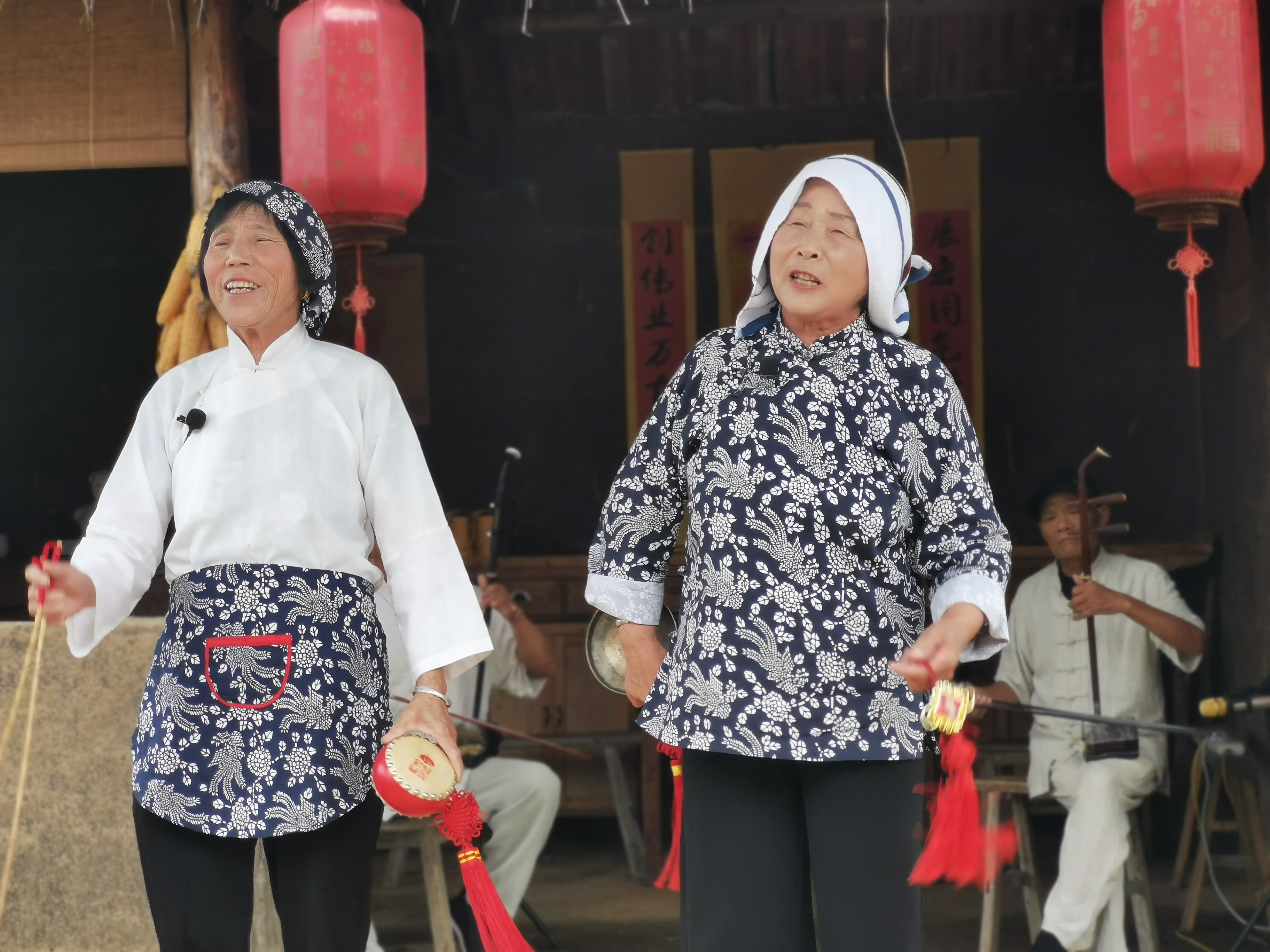A menu for change
Restaurant owner was among those villagers who helped usher in a new age
By Wang Kaihao in Chuzhou, Anhui province | China Daily | Updated: 2020-09-19 15:55

Thorough change
The thatched cabin where the agreement was signed is one of the few places in today's Xiaogang enabling us to still see what the village looked like 42 years ago. Last year, it was even inscribed as a key cultural heritage site under national-level protection, a title bestowed on sites of the greatest significance in Chinese history.
And a new exhibition hall marking the 18 villagers' brave move in 1978 also opened in 2014 to remind people of the immense change.
These sites become hot spots for people to admire the pioneering spirit of Xiaogang. In 2019, this village with 4,200 residents received 1.1 million visits, according to statistics of the CPC committee of Xiaogang.
There were only four tables when Yan first opened the restaurant in 2008. But there are 23 now, and he has reserved room to put in another 10. Last year, he earned 300,000 yuan ($43,800) from this diner.
"Though people live a much better life now, they also want to know where these better days come from and for this reason they visit Xiaogang," an emotional Yan says. "That makes my business boom."
Yan's family once cultivated over more than 2 hectares of land. However, all the land has been permanently rented for others to grow fruit and develop industry. The energetic man is also a manager of a pomegranate plantation.
"I'm a farmer," he says. "And the experience growing grains has told me: happiness can only fall upon us when we work really hard no matter how time changes. No fruit will harvest if we get lazy."
Tourists also have given a new face to tradition. For example, Fengyang Flower Drum used to be a ballad widely sung by those who fled from Xiaogang and other nearby villages in days gone by to beg for food in cities. Deng Fanlan, 75, was one of the beggars in the 1960s. Her family's life was hugely improved after adoption of the household contract responsibility system.
"Some old melody remains, but we've changed the lyrics," Deng, now a city-level inheritor of intangible cultural heritage, says. "There're so many changes that can continuously inspire our new works".
Deng and several other family members composed a band. They were hired by a tourism development company in Xiaogang and regularly perform the ballad near the remaining thatched shelter. They earn more than 3,000 yuan a month.
"Only when people remember the tough years in the past can they cherish today's life, and are motivated to have an even better tomorrow," she says.
























